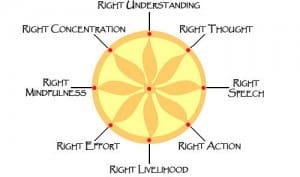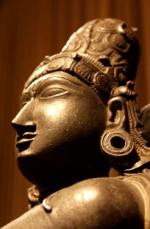Buddhist Meditation and Depth Psychology
(0 Reviews)
Buddhist Meditation and Depth Psychology by Douglas M. Burns is guidebook to Buddhist meditation, a warning and teaching on the obstacles and techniques. He writes: The ultimate goals of meditation are the ultimate goals of Buddhism, i.e., realization of Nibbana and the abolition of dukkha or suffering. Nibbana, however, is beyond the realm of conceptualization and all other forms of normal human experience. Therefore, we have no certainty that it exists until we ourselves have progressed to realizing it as a direct experience transcending logic and sense perception. Nibbana can thus be defined as that which is experienced when one has achieved ultimate moral and psychological maturation. Little more can be said. Therefore the Buddha said relatively little about Nibbana and instead directed most of his teachings towards two lesser goals which are empirical realities of readily demonstrable worth. These were, first, the increase, enhancement, and cultivation of positive feelings such as love, compassion, equanimity, mental purity, and the happiness found in bringing happiness to others. Secondly, he advocated the relinquishment and renunciation of greed, hatred, delusion, conceit, agitation, and other negative, unwholesome states.
Language title : Buddhist Meditation and Depth Psychology
Author : Douglas M. Burns
Category : Books
Sub Category : Sahitya - Literature
Advertisement


















